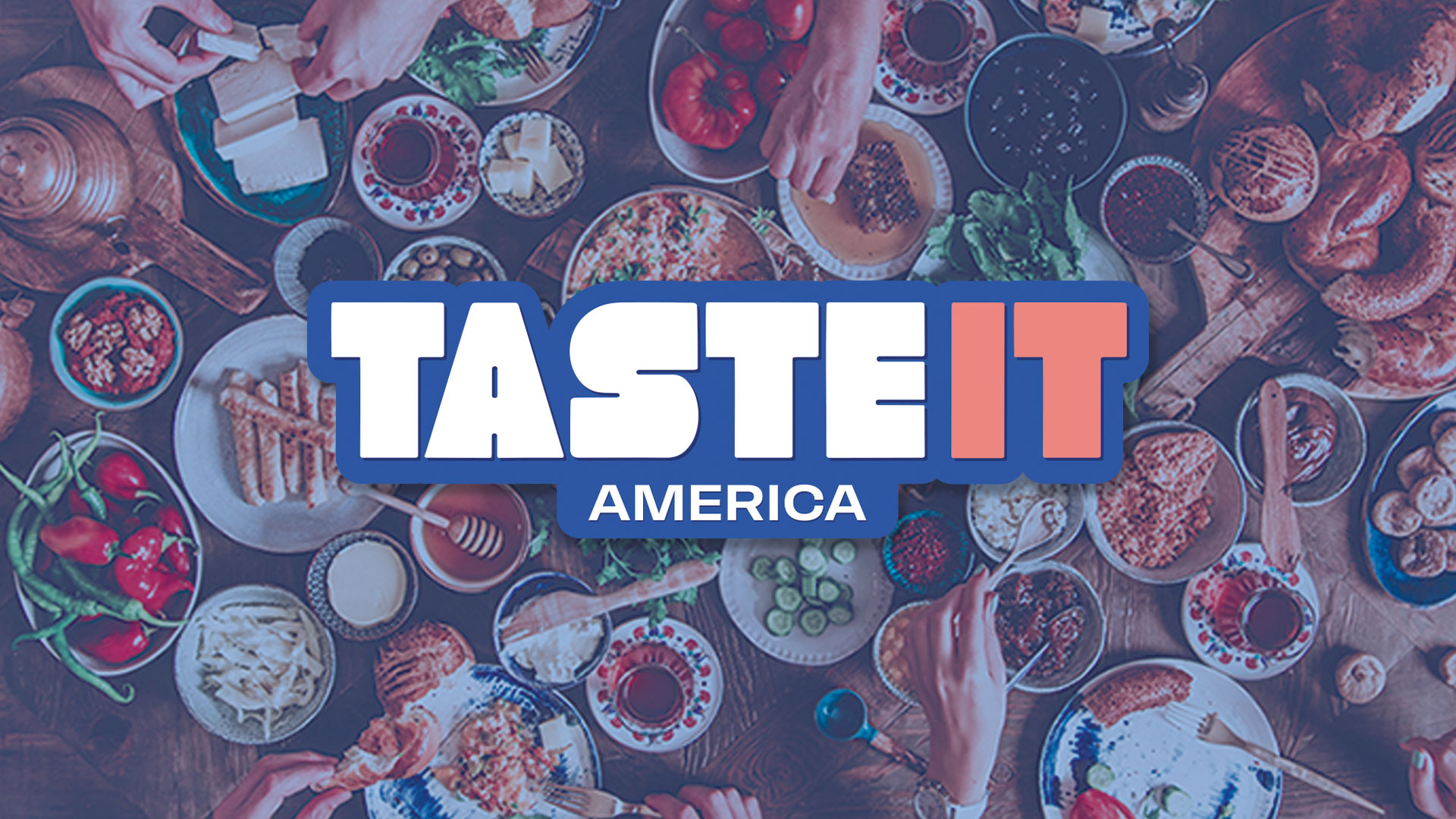Countries have revealed their national focus areas, ranging from allergens to supplements and additives, as part of a Europe-wide food safety initiative.
For the Safe2EatEU campaign, organized by the European Food Safety Authority (EFSA), Spain highlighted allergens, Croatia looked at supplements, and Italy drew attention to foodborne illness from products of non-animal origin.
The Spanish Agency for Food Safety and Nutrition (AESAN) held an event in April on food allergens that brought together authorities, industry and affected people. The conference sought to inform attendees about food safety issues with a focus on allergens. According to EFSA, 4.5 million people in the EU suffer from some type of food allergy.
Key topics included voluntary messages about the unintended presence of allergens and precautionary allergen labeling in Europe, which some participants said was not harmonized, so it is overused and loses its effectiveness.
“It is something that concerns us not only at the public health level but also because of how it impacts the quality of life of those affected. Accurate information for citizens is key to enabling them to make better food choices and enjoy a diet that is both healthy and safe,” said Ana López-Santacruz Serraller, executive director of AESAN.
Supplements on the radar in Croatia
The Safe2Eat Campaign has been extended to 23 countries, up from 18 in 2024. The campaign — formerly known as #EUChooseSafeFood — is now in its fifth year.
According to an Ipsos survey evaluating the 2024 edition, people who recognized the campaign were more likely to consider safety when purchasing food. Also, the opinion that food safety information is too technical or complex decreased, with respondents reporting they know more about preventing food risks.
The Croatian Agency for Agriculture and Food (HAPIH) highlighted issues with food supplements.
HAPIH event attendees
According to a survey by HAPIH, almost a third of Croatians use dietary supplements, including 18 percent of adults and 41 percent of children. Supplements are taken almost equally by women at 30 percent and men at 27 percent. The most commonly used types are vitamins and multivitamins. HAPIH said with the increase in consumption of supplements, the number of consumer questions about their safety and effectiveness is also going up.
“Due to the increasing supply and often unverified information in the public space, consumers are not sure which dietary supplements to take, where to buy them safely and whether they even need these products. That is why we have included this topic in the campaign from the safety aspect, in order to provide them with clear, science-based information,” said Krunoslav Karalić, HAPIH acting director.
Experts spoke about recommended daily doses, buying from trusted sources, reporting side effects to the Nutrivigilance system, and the importance of reading labels.
Country comments
The initiative includes Albania, Belgium, Bosnia and Herzegovina, Estonia, Finland, Latvia, Luxembourg, Hungary, Norway, Poland, Austria, Romania, North Macedonia, Slovakia and Turkey.
Communication in Italy by the Ministry of Health (Ministero della Salute) will focus on two topics: foodborne infections attributable to foods of non-animal origin and additives.
Vladimir Đaković, director of the Food Safety, Veterinary, and Phytosanitary Affairs Administration in Montenegro, said: “Montenegro is a country that strives for high European standards in the field of food safety and is committed to strengthening the system that protects people’s health and enables informed choices. As a small country with a strong orientation towards international trade and a tourist offer based on the quality of domestic products, we are aware of how important consumer trust is — both domestic and foreign.”
Antonios Zampelas, president of the management board of the Hellenic Food Authority (EFET) in Greece, said: “The comments, questions and ideas we obtained from the 2024 campaign are a guide for this year, we are always guided by consumers’ concerns about the food they consume and the choices they are asked to make.”
Maria Panayiotou, Minister of Agriculture, Rural Development and Environment in Cyprus, said: “The informed consumer is our most powerful ally for public health. That is why at the Ministry of Agriculture, Rural Development and Environment we prioritize the education and awareness of consumers on food safety issues – because prevention starts with knowledge. Information is prevention and prevention is a shield for the protection of human health.”
Consumers can visit the official campaign website, explore educational materials, and engage with campaign content on social media using #Safe2EatEU.
(To sign up for a free subscription to Food Safety News, click here.)


